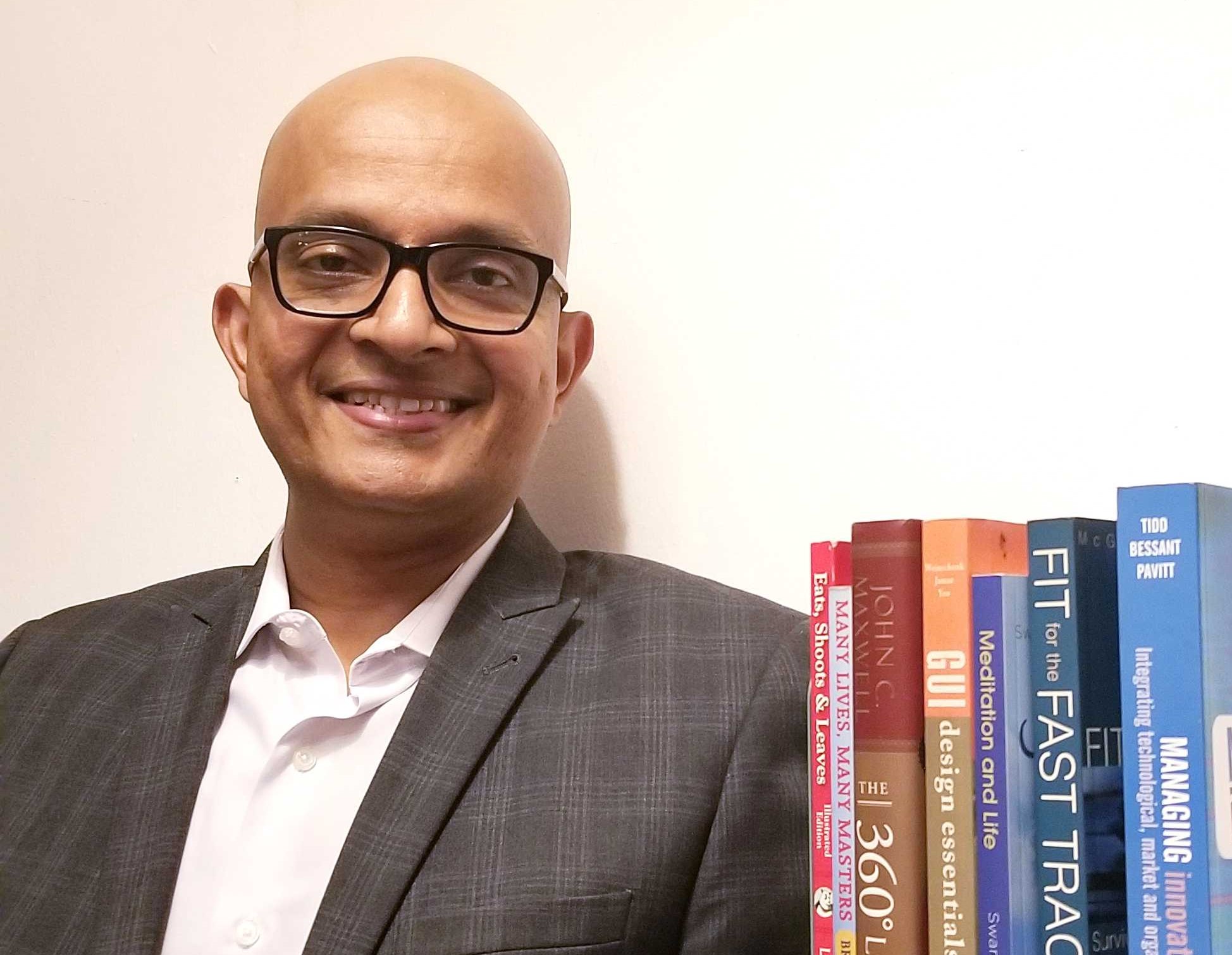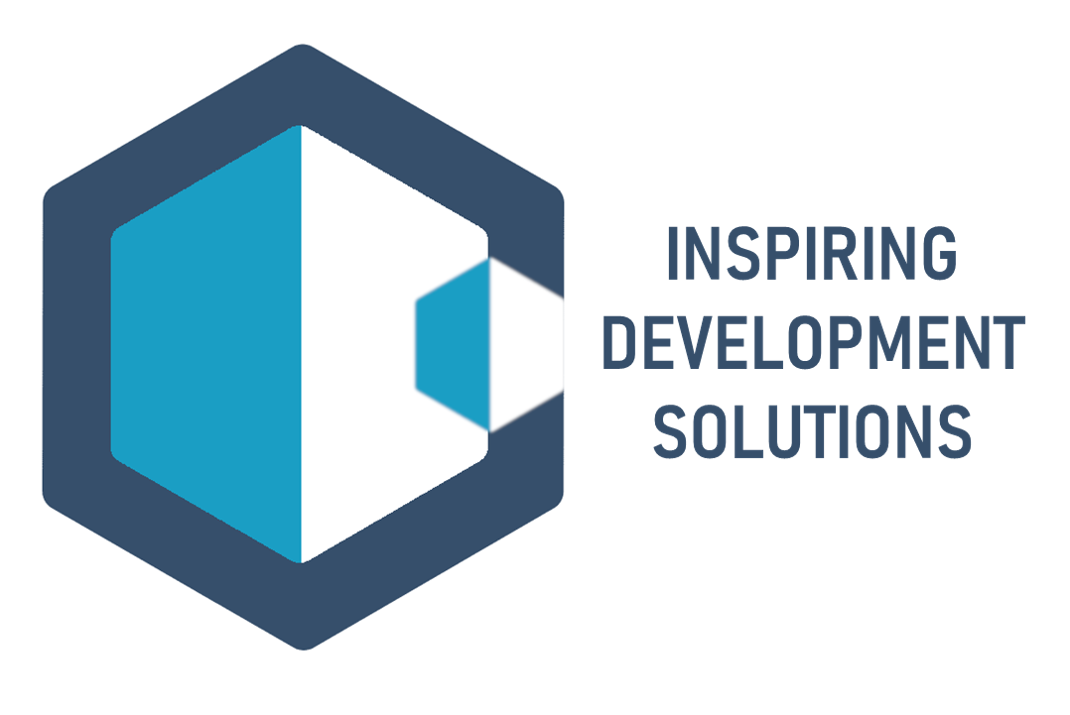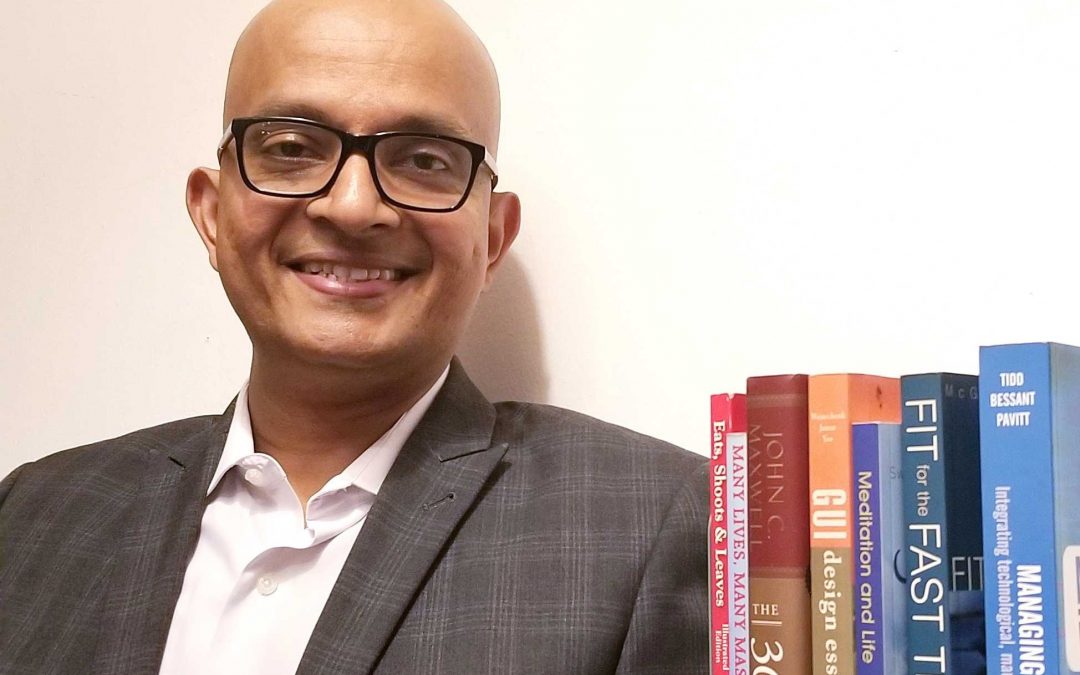Become Better Than Your Former Self
Neel S Vaidhyanatha
Hiruni Gunaratne graduated from university and has been looking for an entry-level job in any industry, but her wait is getting longer. Randolph Fernando got a master’s degree and has just joined a real estate firm. Ajantha Chandrasena is working as an officer in the hospitality industry for over seven years now. She relied, in vain, on her company to provide development opportunities and now feels her career is going nowhere. Out of these three, who do you think needs to start investing in their professional development immediately? If your answer was, “All the above”, pat yourself on the back. If Hiruni, Randolph and Ajantha make the right investment in their professional development, by acquiring new skills or honing their existing expertise further, they not only add greater credibility to their personal brand, and thus increase their marketability, but also gain greater control to chart their respective career paths.
In today’s highly competitive global market, you can no longer play the waiting game – of waiting for the right learning opportunities and investment from your organization to fulfil your professional development, growth aspirations and self-actualization.
Like Hiruni, Randolph and Ajantha, you are accountable for our own success, regardless of the stage of career you are in now. You need to discover the strengths of your core competencies, attributes and capabilities as well as identify gaps if any. Having a personal commitment to manage and invest in your career using the right approaches to professional development is the key to achieving your definition of success.
Here are a few initial steps that you can take towards this personal investment:
Step 1: Be self-aware. Be mindful of your own strengths and expertise and areas that you are passionate about (not necessarily based on what’s the hot trend)
Step 2: List down the performance improvements and career advancement outcomes that you would like to have, as well as what your personal brand would look like.
Step 3: Read up on the industry in which you are working, or desire to work in, understand the key goals, connect with thought leaders and seek opportunities to network.
Step 4: Invest in soft-skills development and coaching. 75% of the long-term success in Fortune 500 companies was derived from soft skills, while 25% was attributed to technical skills, according to a study from Stanford and Carnegie Mellon Foundation. Today’s employers often lament the lack of soft skills of their new hires, such as effective communication, interpersonal skills, emotional intelligence, adaptability, taking responsibility, effective collaboration with co-workers and customers, critical thinking, problem solving and leadership. Interestingly, gaps in the very same skills are also preventing some of the experienced workforce to progress in their career. Ensure that your learning providers are known for their quality services and have solid industry experience
Step 5: Review progress and re-adjust as required.
Success Begets Success
Thus, as someone who has taken control of your own professional development, you have created a strong foundation through which you are likely to achieve a series of opportunities as rewards. You can either become a successful entrepreneur or be hired by some of the most progressive and high performing businesses, who in turn, have probably cultivated and promoted a culture of continuous learning and innovation. Such organizations typically have a clear learning and talent development agenda, where armed with these skills, employees like you can help address business challenges effectively. When there’s executive commitment, employees like you would feel valued and become more productive. You align better with business strategies, are ever ready to adapt to changes and come up with innovative ideas, products and solutions to business problems. This in turn often gives your organization the competitive advantage, leading to improved business results, customer satisfaction and brand value.
Having said that, even if you are part of such an organization, don’t be over-dependent on it for your personal development. Continue to explore learning opportunities on your own. With the business landscape transforming rapidly and changes impacting the way we function, those who continue to invest in their learning and development will always remain relevant and achieve personal growth as well as bring success to the organization they are a part of. So, remember, it all starts with you taking the first steps. You owe it to yourself.

Neel S Vaidhyanatha has over 23 years of leadership in learning, HR, design and technology. He has formulated and implemented people development strategies to optimize organizational and individual performance by creating meaningful and engaging employee experiences.
Having led teams based in the USA, UAE, UK, India and Singapore, Neel’s global experience covers a diverse range of sectors – from aviation, logistics and infrastructure engineering to academics, interactive entertainment and IT.
His expertise lies in driving lean HR and learning operations. These strategic initiatives are driven by design thinking, agile methodologies, digital adoption, business alignment, learning technologies, project management and people leadership skills to deliver measurable results and ROI.
Neel is passionate about music, Vedanta philosophy and youth empowerment, not necessarily in that order, and is always seeking ways to tap the potential power of our inner resources.
Here’s a link to a recent interview with the Chief Learning Officer Magazine – Middle East.


Recent Comments